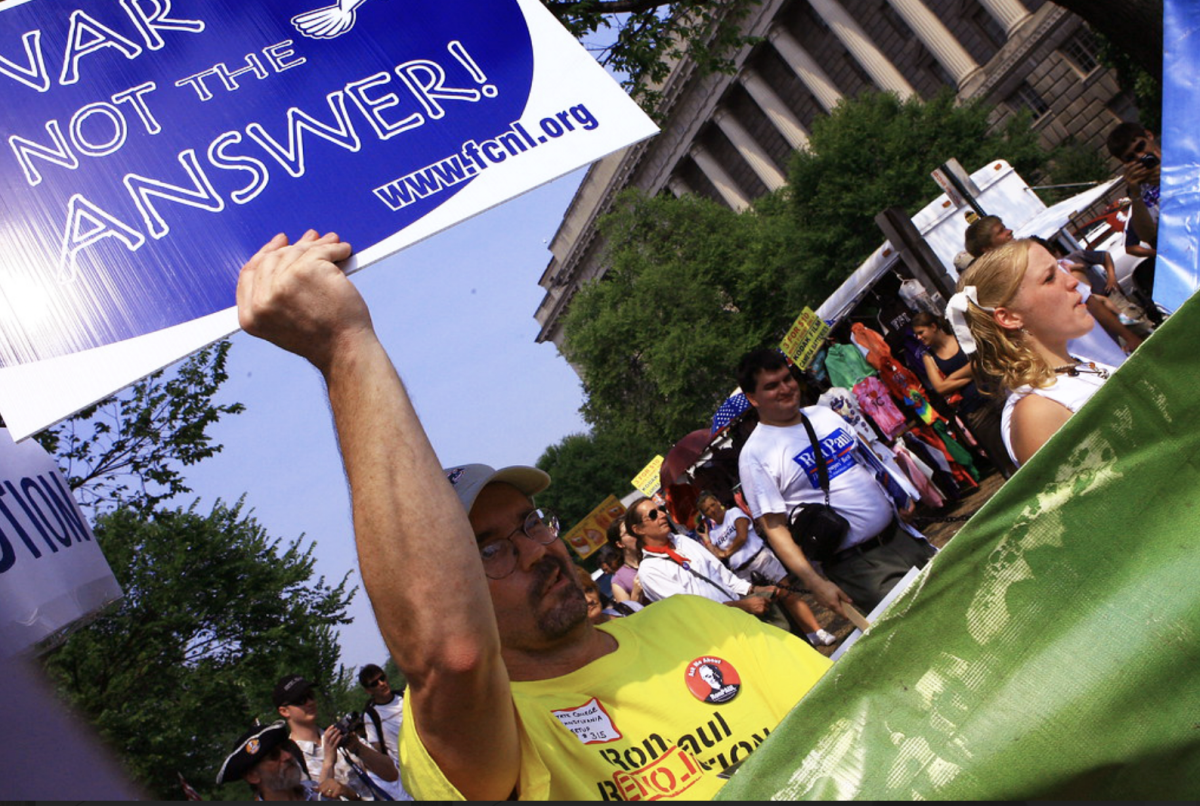
Starting towards the end of April, students and other demonstrators began organizing pro-Palestine protests on college campuses. Students from the University of California, Los Angeles (UCLA), Dartmouth College, and Columbia University have organized and participated in these protests.
On May 1, after protestors pitched tents on Columbia’s lawn and stationed themselves in Columbia’s Hamilton Hall, the New York Police Department (NYPD) cleared out protesters from Columbia’s encampments and protester-occupied buildings. The Columbia University President, Minouche Shafik, requested police presence until May 17 to minimize future damage and stop more encampments and protests from rising again.
A Columbia student, who is remaining anonymous to speak candidly, believes that part of the reason the protests grew to the extent they did was because the student body is very passionate and committed to their beliefs on either side of the Israel-Gaza conflict. She added that this passion had caused the protests to get somewhat emotional, creating division among students at Columbia.
The Columbia student claimed that the protestors’ experience was primarily peaceful until the police were brought into the situation, contrary to the way the media portrays the events. She believed the press falsified the danger posed by the protests and encampments and that most Columbia students managed to stay calm on campus until the NYPD stepped in.
The protests and encampments on Columbia’s campus changed the usual schedule. During the early stages of the demonstrations, classes moved online and as the protests continued into exam season, exam formats shifted. Of the three exams the anonymous Columbia student had, one became optional, another got canceled and the last changed significantly from the original plan. Additionally, Columbia canceled the graduation ceremony.
In attempts to control security on campus, access points were closed off, causing students to either stay in their dorms and avoid social contact or leave campus without returning. The student believes Columbia’s strategies for keeping people out of the campus —such as showing photo identification to enter — were effective. However, she said the university could have handled other responsibilities better. She believes it is hard for a university to control and acknowledge every aspect of the incidents perfectly in situations with myriad views and perspectives.
On May 1, Managing Editor of the Dartmouth Charlotte Hampton and fellow reporter Alesandra Gonzales were arrested for filming at the scene of the protests.
At least 65 other students were arrested at the protests, a decision Dartmouth President Sian Beilock “stands by” in an official statement. However, Beilock acknowledged in the statement that “the student journalists for The Dartmouth who were on the Green to report on the protests should not have been arrested for doing their jobs.” The State of New Hampshire declined to press charges, and Grafton assistant county attorney Mariana Pastore called for the bail conditions to be revoked.
As the school year is ending, the protests have mostly tapered off and universities are exploring how to prevent such events from happening again. According to USA Today, Harvard University recently agreed with demonstrators to end a weeklong encampment. In exchange for an end to demonstrations, Harvard will retract student suspensions and explore divesting from companies affiliated with Israel. UCLA struck a similar deal and pledged to explore its overall current investment strategy. The focus now is on what next year will look like and how the universities will respond to potential further demonstrations, according to USA Today.










































